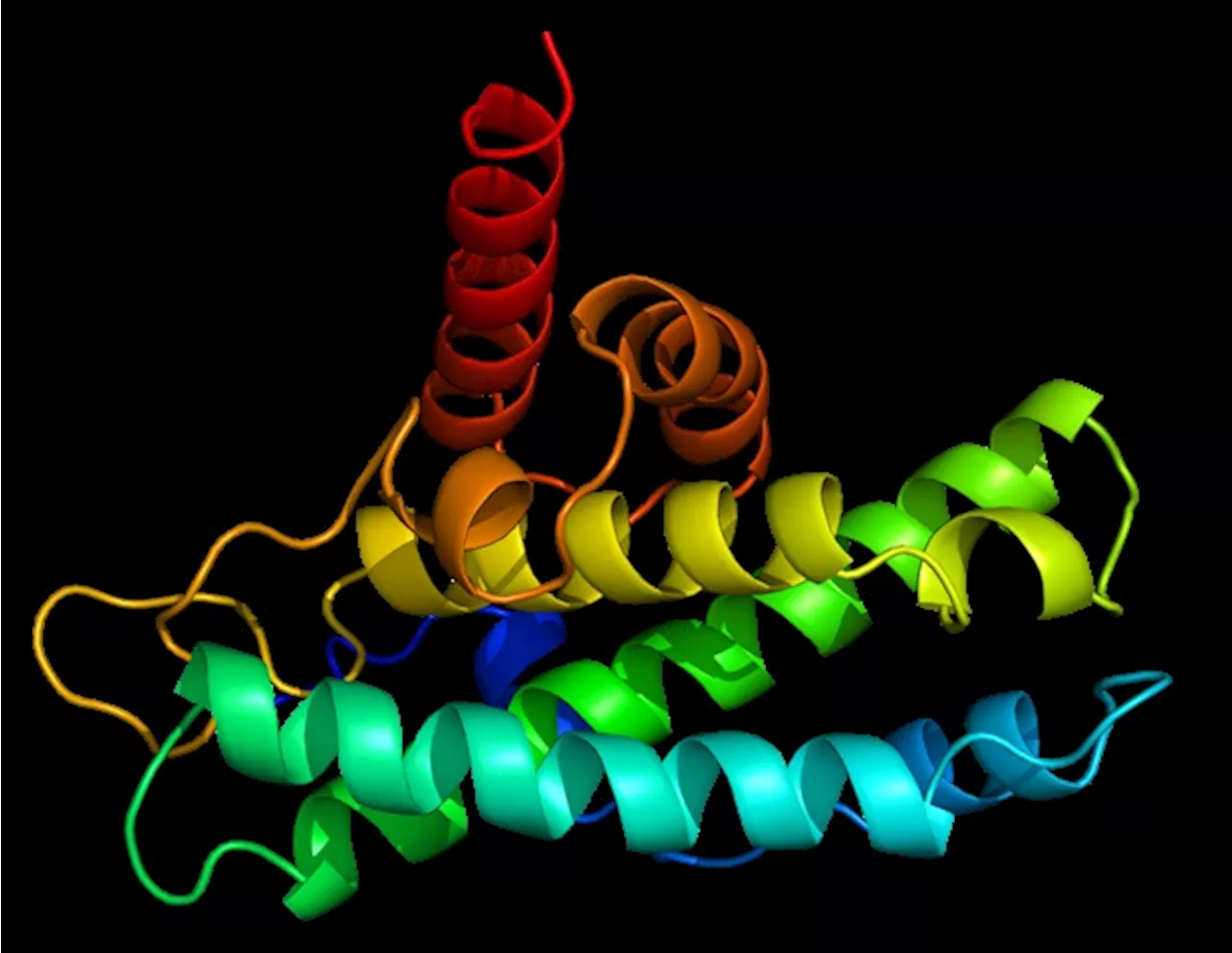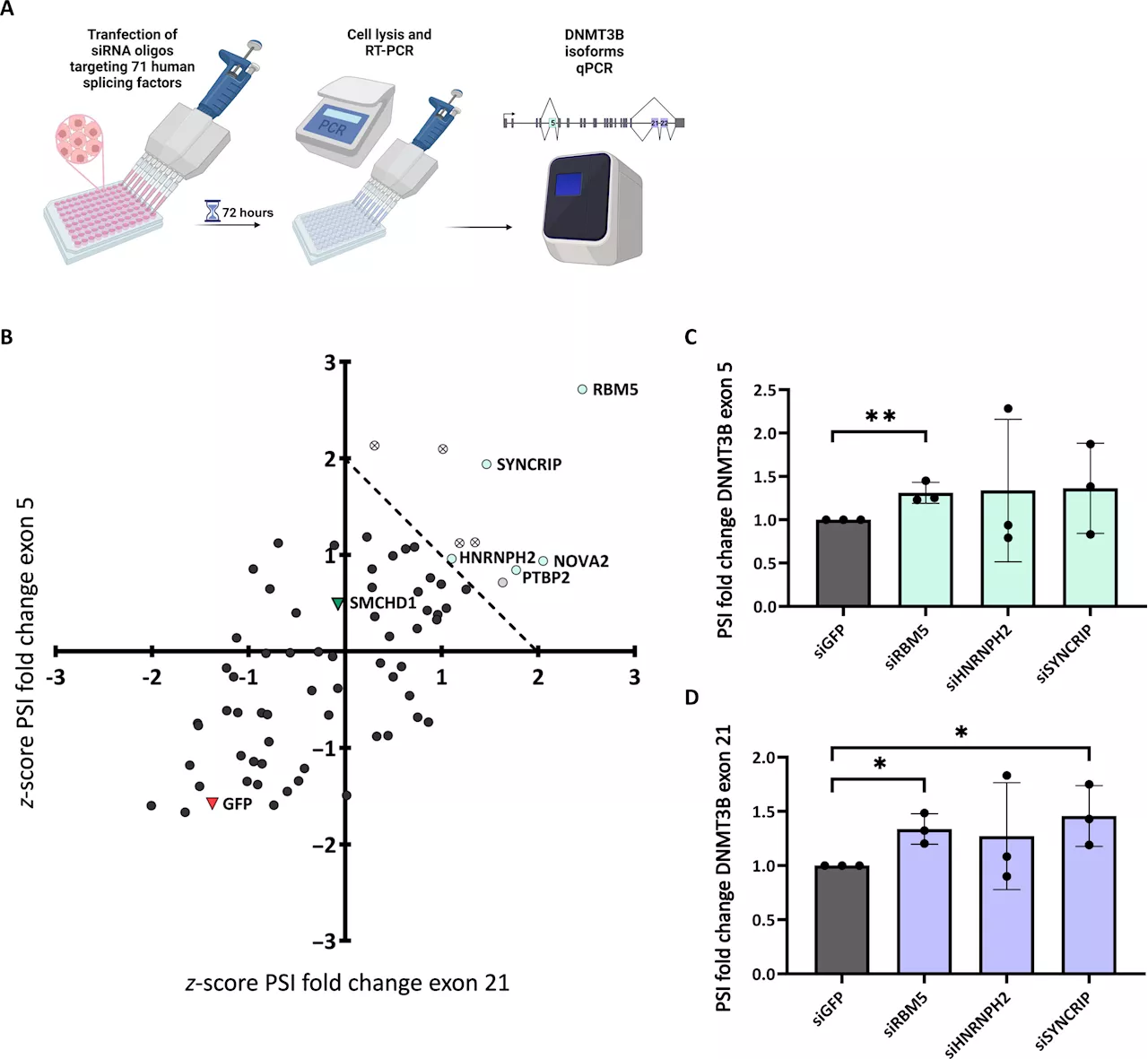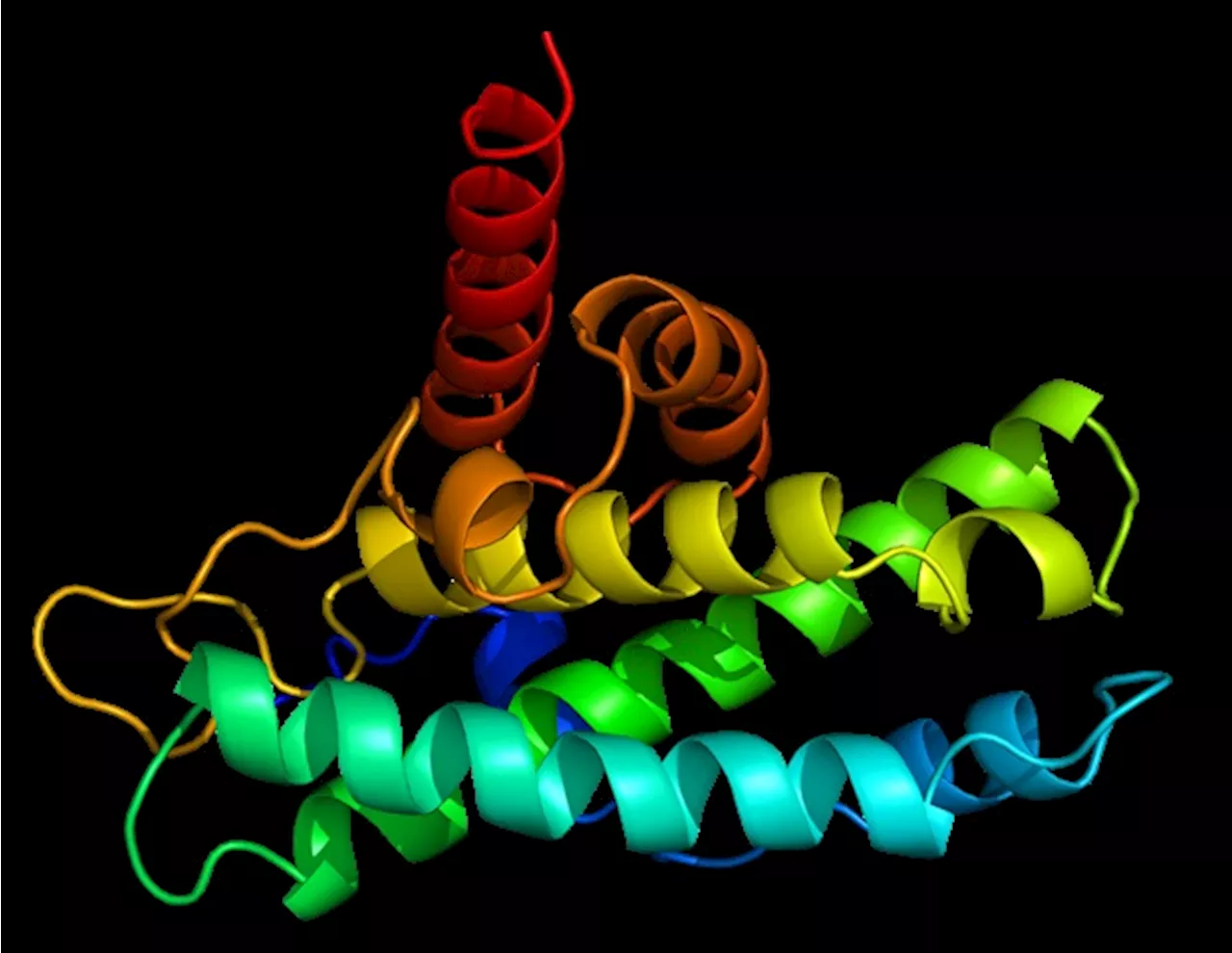Progressive supranuclear palsy (PSP), a mysterious and deadly neurological disorder, usually goes undiagnosed until after a patient dies and an autopsy is performed.
University of California - San FranciscoJul 3 2024 Progressive supranuclear palsy , a mysterious and deadly neurological disorder, usually goes undiagnosed until after a patient dies and an autopsy is performed. But now, UC San Francisco researchers have found a way to identify the condition while patients are still alive.
The disorder crossed the public's radar 25 years ago, when Dudley Moore, the star of "10" and "Arthur," shared his PSP diagnosis. It is frequently mistaken for Parkinson's disease, but PSP develops faster, and patients do not respond to treatments for Parkinson's. Most PSP patients die within about seven years after their symptoms have started.
"When new medications are approved for PSP, the best chance for patients will be receiving treatment at the earliest phase of the disease when it is most likely to be effective," he said. The researchers measured the protein biomarkers using the high-throughput technology for protein analysis, which is based on molecules that bind to proteins with high selectivity and specificity.
Alzheimer's Disease Blood Children Dementia Diagnostic Frontotemporal Dementia Hospital Neurodegeneration Neurology Parkinson's Disease Progressive Supranuclear Palsy Protein Research Technology
United Kingdom Latest News, United Kingdom Headlines
Similar News:You can also read news stories similar to this one that we have collected from other news sources.
 ELRIG UK and The Protein Society Partner to advance protein sciences in drug discoveryPartners to host joint conference on ‘Protein Sciences in Drug Discovery’ in Cambridge, UK from 18–19 November 2024.
ELRIG UK and The Protein Society Partner to advance protein sciences in drug discoveryPartners to host joint conference on ‘Protein Sciences in Drug Discovery’ in Cambridge, UK from 18–19 November 2024.
Read more »
 Aldi launches new protein powder at fraction of MyProtein pricesThe supermarket's latest launch is part of its fitness range
Aldi launches new protein powder at fraction of MyProtein pricesThe supermarket's latest launch is part of its fitness range
Read more »
 Blocking CDK7 protein could prevent heart damage associated with cancer treatmentBlocking a protein known as CDK7 could prevent heart damage associated with a commonly used cancer chemotherapy medication, according to a study led by scientists at Washington State University.
Blocking CDK7 protein could prevent heart damage associated with cancer treatmentBlocking a protein known as CDK7 could prevent heart damage associated with a commonly used cancer chemotherapy medication, according to a study led by scientists at Washington State University.
Read more »
 Aldi launches new protein powder that's a fraction of MyProtein pricesThe supermarket's latest launch is part of its fitness range
Aldi launches new protein powder that's a fraction of MyProtein pricesThe supermarket's latest launch is part of its fitness range
Read more »
 Muscle disorder caused by key protein mutations uncovered in new studyA recent study has found that the SMCHD1 protein plays a key role in controlling how genes are processed, which affects the progression of Facioscapulohumeral Muscular Dystrophy (FSHD).
Muscle disorder caused by key protein mutations uncovered in new studyA recent study has found that the SMCHD1 protein plays a key role in controlling how genes are processed, which affects the progression of Facioscapulohumeral Muscular Dystrophy (FSHD).
Read more »
 JUN protein could slow prostate cancer growth, study findsAs prostate cancer progresses, it becomes increasingly aggressive and can metastasise. In this form, the tumor is difficult to treat, which is reflected in high mortality rates: Worldwide, the malignant disease of the prostate is the second most common cause of cancer death in men.
JUN protein could slow prostate cancer growth, study findsAs prostate cancer progresses, it becomes increasingly aggressive and can metastasise. In this form, the tumor is difficult to treat, which is reflected in high mortality rates: Worldwide, the malignant disease of the prostate is the second most common cause of cancer death in men.
Read more »
